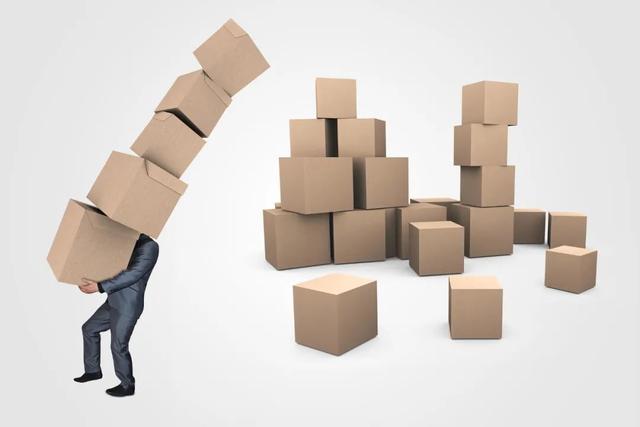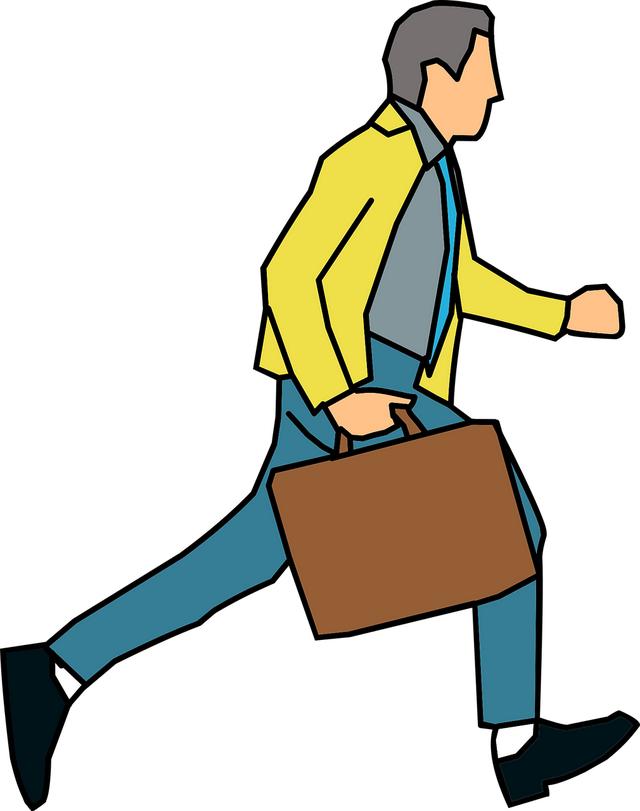Don’t want to work on Monday? Maybe it’s not laziness, but …
Tired, tired, and unwilling to work, it seems that the body is "hollowed out"……
Is that you who tried to move bricks on Monday?
Do you know that?/You know what? Not wanting to go to work every day may not be because of laziness, but also because of "job burnout".

Weibo screenshot
Today, I will give you a popular science job burnout!
Job burnout, also known as "job burnout", refers to the exhaustion of physical and mental strength and passion caused by long-term pressure. There are many factors related to job burnout:
-
Have no control over the progress of the work
I can’t arrange my own work schedule. I am very idle when I go to work. When I get off work, I suddenly have a lot of work. Often working overtime without psychological preparation may lead to job burnout.
-
Poor working environment
Every day, leaders hold meetings and reprimand, the relationship between colleagues is not harmonious, and there is no room for development in their careers, which will make employees become cynical.
-
Lack of social support
The more lonely you are in your work and personal life, the more likely you are to experience job burnout. Single and divorced people are more likely to have job burnout.
-
Heavy workload and unbalanced life.
If the work intensity is high and takes up a lot of non-work time and energy, people will be bored with their work, and job burnout may occur.

-
Occupation type
A boring job that requires high concentration is easy to make people feel tired. A job that repeats simple labor lacks a sense of professional honor and is prone to job burnout.
-
No career planning
I don’t know what my goal is, and I don’t have a career plan.
-
personal element
Depressive personality and emotional instability are also related to job burnout.
Young people are more prone to job burnout.
In 2004, a job burnout survey report in China showed that the proportion of job burnout in the first four years of work was as high as 46.6%; After working for 5 years, it dropped significantly; The degree of job burnout is the lowest after working for more than 16 years.
Job burnout can affect all aspects of work and life;
Yeah, workFeeling bored and boring, slacking, lacking a sense of accomplishment, being in a bad mood in front of colleagues and customers, losing motivation and having difficulty in concentrating.

In lifeIt is manifested in eating high-calorie foods (carbonated drinks, fried foods, etc.), changing sleep habits, becoming picky in personality, and often experiencing various physical discomfort (headaches or gastrointestinal problems, etc.).
When job burnout is serious, it may also affect physical health.It leads to an increase in the prevalence of diseases such as heart disease, hypertension and type 2 diabetes, and can also lead to mental and psychological diseases such as fatigue, insomnia, anxiety and depression, and alcohol abuse.
(1) Work units should be aware of the dangers of job burnout.
Job burnout can infect each other in a subtle way, leading to the inefficiency of the whole team.
Units or departments should reasonably arrange working hours and intensity to provide employees with a comfortable working environment and broad room for growth. To understand the needs of employees, this demand is not necessarily money, but may be personal development and the realization of self-worth. Regularly evaluate the stress of employees, and a good team culture helps to reduce the work pressure.
(2) Do a good job in your own position and personal career planning.
You can’t deny your own value or expect too much. Plan your goals at ordinary times, improve your professional skills, recharge while working, and grow under pressure.

(3) manage your emotions.
Try not to be emotional at work. Try not to judge when dealing with people and things around you. Don’t complain blindly in the face of setbacks.
(4) Do more physical exercise and relaxation activities to cultivate your hobbies.
Regular physical exercise, especially exercise above moderate intensity, can relieve stress. Dancing, yoga, outdoor walking, deep breathing and listening to music are also helpful to relax. Playing the piano, calligraphy, painting, flower cultivation and photography can also relieve emotions.
(5) Maintain healthy eating habits.
Some people come home from work, like to fall down on the sofa to catch up with dramas or play games, while eating high-calorie junk food and drinking fat house happy water;
Some people like to smoke to refresh themselves when they are tired from work, or have a few drinks with three or five friends to relax;
……
But in fact, bad eating habits, tobacco and alcohol can lead to obesity and other health problems.

(6) Don’t stay up late
Ensure a high-quality sleep of about 8 hours every night.
(7) Seek support and help from others.
Talk to people who really care about you (friends and family) about your current thoughts and feelings, and seek the help of a psychologist if necessary.